Category: Symptoms & Causes
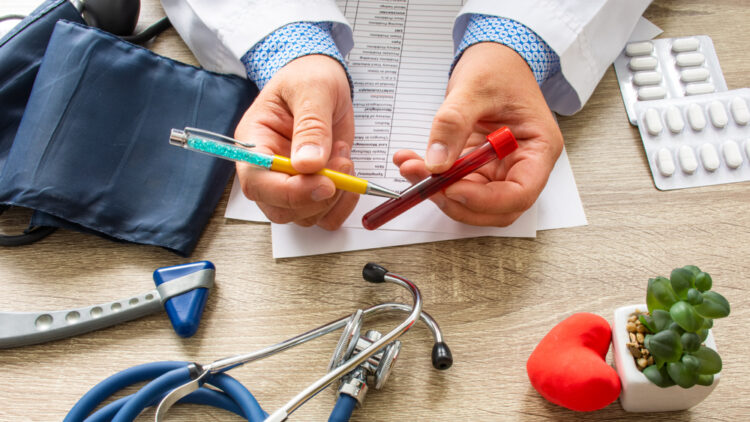
Can Varicose Veins Cause Blood Clots?
| Leave a CommentThe flow of blood throughout the body is an essential and delicate system responsible for nourishing tissues from head to toe. Any threat to regular blood flow has the potential to disrupt normal activities, cause pain, or create critical health issues. While varicose veins are enlarged, twisted veins resulting from malfunctioning vein valves, blood clots […]
Read more »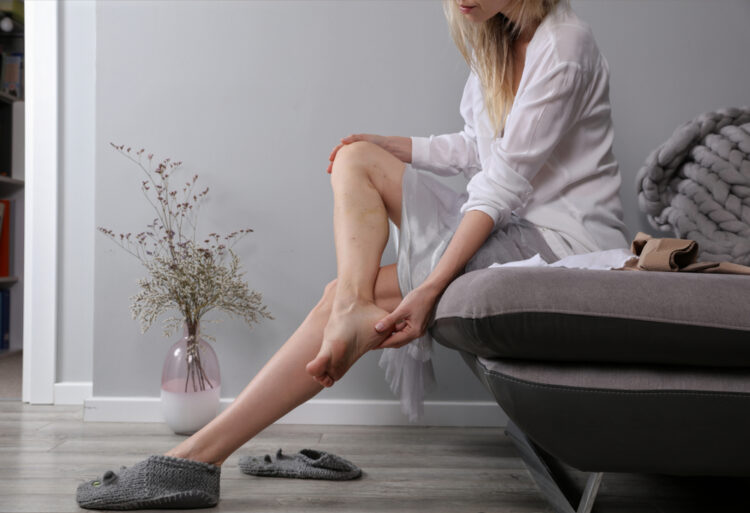
How to Prevent Varicose Veins: Tips and Expectations
While you can’t change the genetic factors that predispose you to have varicose veins, there are many actions you can take that can help prevent existing varicose veins from getting worse. To motivate you, the same lifestyle habits that can help prevent varicose veins will improve your health in a variety of other ways. What […]
Read more »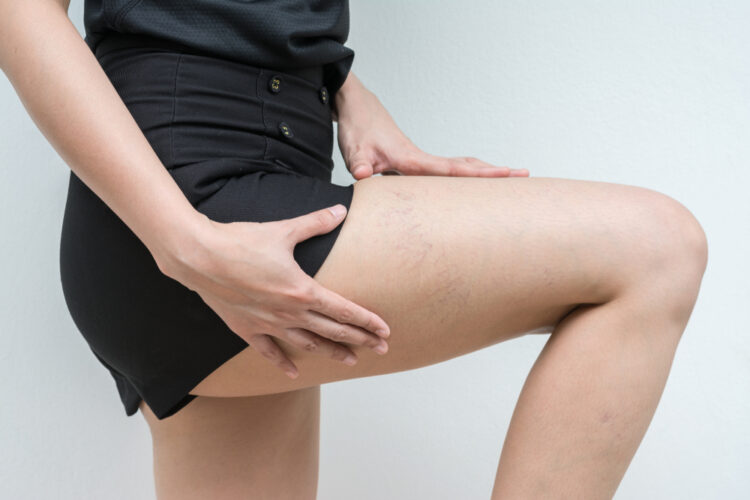
What Causes Varicose Veins?
| Leave a CommentVaricose veins can be uncomfortable, unsightly, and even painful. They can make it harder to sit or stand for prolonged periods, travel, or engage in certain activities that exacerbate them. But what is the cause of varicose veins? Many factors are involved, and if you’re struggling with them, you’re not alone. Understanding what causes varicose […]
Read more »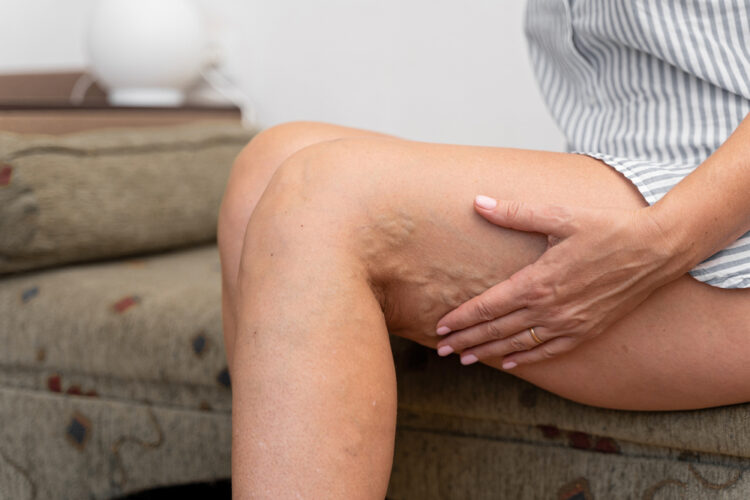
Are Varicose Veins Dangerous or Harmful?
Varicose veins are a common health problem that affects more than half of the population[1]. They’re predominantly a cosmetic issue, but symptoms of varicose veins can include pain, swelling, and discomfort for some people. So, are uncomfortable or itchy varicose veins dangerous? While not inherently dangerous, varicose veins can lead to complications like blood clots, […]
Read more »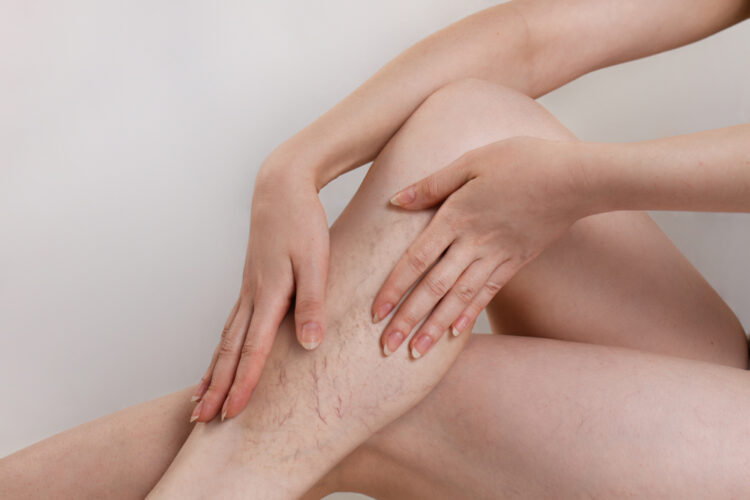
Leaky Vein In The Legs: What You Need to Know About Vein Valves
Countless people experience leaky veins in their legs, especially as they get older or through certain seasons of life. Perhaps you inherited vein-related issues from your parents or are dealing with the residual effects of an old injury. Either way, if you’re living with symptoms of leaky veins in your legs, you’re not alone — […]
Read more »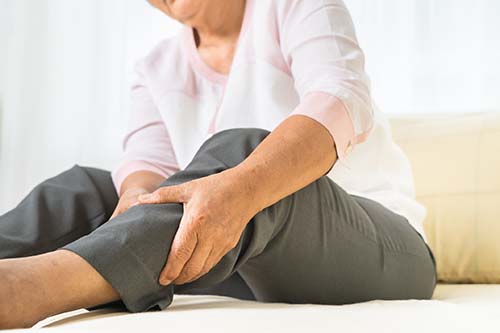
What is Venous Reflux Disease?
Venous reflux disease is a common condition affecting the leg veins in which the normal mechanisms that help push blood back to the heart, such as the vein valves and the pumping effects of the calf muscles, are impaired. As a result, blood flow becomes turbulent and eventually backs up and can even flow in […]
Read more »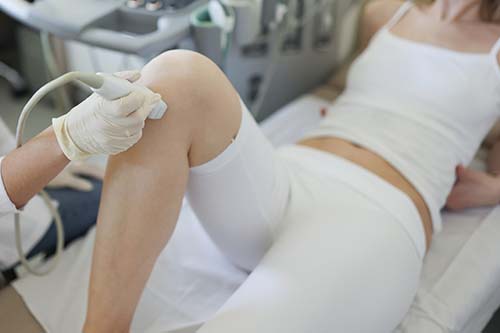
What a Leg Ultrasound Can Reveal About Your Varicose Veins
Ultrasound is one of the gold standard methods for evaluating varicose veins. An ultrasound study produces a comprehensive map of the large and small veins, branching veins, and interconnecting veins of your legs. Ultrasound is often performed as a first step in evaluating varicose veins and also provides valuable follow-up information to monitor the healing […]
Read more »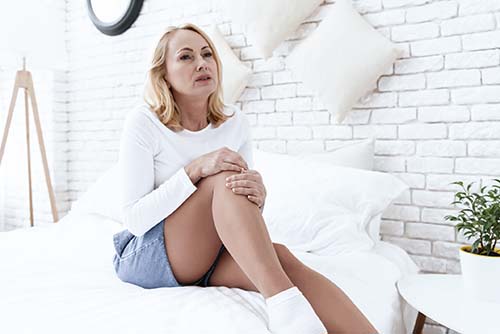
Why Do My Legs Itch, Burn or Feel Heavy? Symptoms of Varicose and Spider Veins, and Their Causes
Symptoms of varicose veins and spider veins can range from barely noticeable to incapacitating and may include sensations such as pressure, heaviness, fatigue, stiffness, aching, and itching. These symptoms can wax and wane depending on various factors and can vary from person to person. Varicose vein and spider vein symptoms can also be confused with […]
Read more »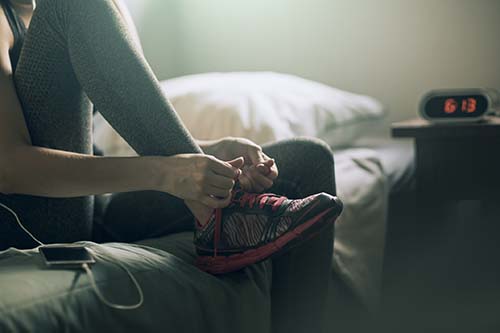
8 Tips to Stay Active When Working From Home for Vein Health
During the pandemic, many employers began offering their employees the option to work from home. This arrangement has worked out well and workers are reporting that they’re happier and more productive than before. However, working from home may also include a loss of healthy habits, like working out at the gym on the way to […]
Read more »How to Have Healthy Veins with These 6 Tips
Whether you have varicose veins currently or if you have some of the risk factors and want to minimize your risks and potential complications, there are safe and effective ways to improve your vein health. Following are simple lifestyle habits proven to improve vein health and reduce symptoms of varicose veins. Eat Lots of Fiber […]
Read more »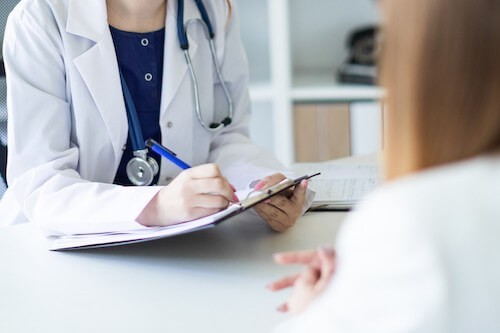
The Risk of Blood Clots from Varicose Veins
The tissues of the human body are nourished through a consistent and healthy flow of blood from head to toe. This is a delicate system that functions effectively for most people. However, disruptions in blood flow have the potential to interrupt normal activities, cause pain, or create critical health issues. Blood clots are widely recognized […]
Read more »Causes and Treatments of Legs Swelling
Leg Swelling Related to Inflammation Swelling in the legs due to inflammation can be caused by a number of underlying health conditions. Normally the endothelial surface is smooth and allows the blood to flow freely. However, when there is increased pressure in the veins, such as from faulty valves or activities that involve prolonged standing […]
Read more »Teachers and Varicose Veins: 6 Things Teachers Can Do to Improve Leg and Vein Health
While genetics play a big role in determining who gets varicose veins and who doesn’t, factors such as your occupation, lifestyle habits, even your diet also enter into the equation. Occupations that involve a lot of standing are known to increase risk and teaching falls squarely in that category. Varicose veins are consistently at the […]
Read more »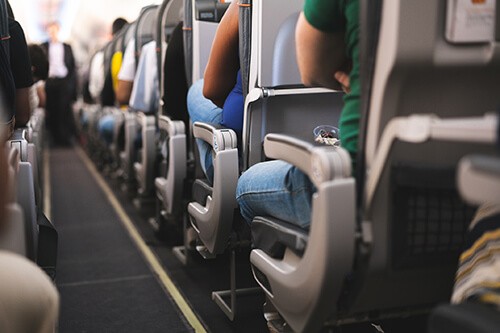
Tips to keep your legs healthy while traveling
With the arrival of spring and summer, many people’s thoughts turn to travel. But long-distance travel often means long hours confined to an airplane or car seat, which can lead to sluggish circulation and potentially serious problems, such as blood clots. If you are planning a long-awaited vacation or if a business trip is coming […]
Read more »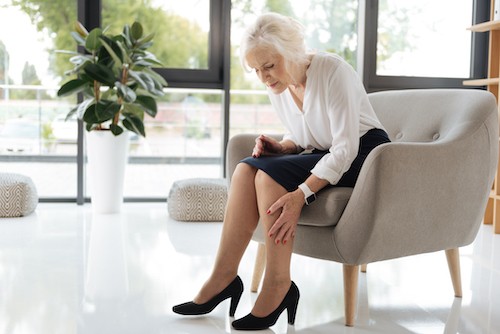
Top 5 Factors That Put You at Risk For Varicose Veins
Age Age is the most significant risk factor for varicose veins, and also a risk factor for which there is no solution[1]. As you age, the connective tissues in your veins become weaker and your body’s ability to produce collagen and elastin, the proteins that form these connective tissues decreases, leading to poorer quality structural […]
Read more »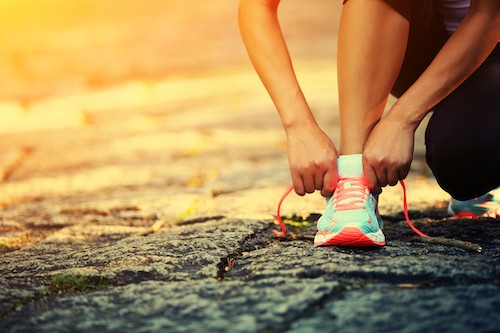
How Walking Can Relieve Mild Symptoms of Varicose Veins
There’s a good chance your doctor has recommended walking as a way to manage your mild to moderate varicose vein symptoms. This is good advice since walking is widely regarded as one of the best forms of self-care for varicose vein sufferers. But walking offers much more! In addition to helping alleviate varicose vein symptoms, […]
Read more »What Do Varicose Veins Feel Like?
When varicose veins first appear, they can be completely painless, but over time many people start to notice painful symptoms which can be quite distressing. There are four stages of development that varicose veins progress through, with each having different symptoms. To understand what varicose vein leg pain feels like it’s helpful to look at […]
Read more »The Top 5 Reasons To Schedule Varicose Vein Treatment Now
Varicose vein treatment isn’t the same as it was for your parents and grandparents. New technologies developed over the past 20 years have dramatically improved the treatment of varicose veins. Here are 5 important reasons why you shouldn’t put off your varicose vein treatment: NEW VARICOSE VEIN PROCEDURES ARE FAST & PAINLESS While older vein […]
Read more »What Factors Increase My Risk for Varicose Veins?
Varicose veins and spider veins affect 30 million U.S. adults at a cost of over $1 billion per year in direct healthcare expenses[1] and currently, those numbers are increasing rapidly[2]. There are numerous reasons why varicose veins occur, some of which you can modify while others cannot be changed. Here we discuss some of the most […]
Read more »Other Health Risks Related to Varicose Veins
Information about varicose veins typically addresses the commonly recognized symptoms such as leg pain, cramps, diminished function, and low blood circulation, however, there are many other health problems believed to be associated with untreated varicose veins. These problems can have a significant impact on a person’s overall health. Following are some serious health problems that […]
Read more »Can Low Energy Be Caused By Vein Problems?
There are a variety of symptoms related to varicose veins. While the appearance of bulging, twisted, and bluish veins at the skin’s surface is the most recognized, it is possible to have varicose veins without this visible feature. That is why it is important to be on the lookout for other possible symptoms, such as […]
Read more »What Increases My Risk Factors for Varicose Veins and Spider Veins?
| Leave a CommentThe wide variety of factors that contribute to an increased risk of getting varicose veins and spider veins include genetics, health, and behavior. While you cannot prevent varicose veins there are things you can do to minimize your risk of acquiring the disease. To better understand the factors, it might help to understand the disease. […]
Read more »Varicose Veins Symptoms
| Leave a CommentVaricose veins are a common problem, usually affected women in the age group of 30 to 70. An experienced vein specialist will physically examine the varicose vein symptoms and perform ultrasound based diagnostic tests to determine the full extent of the problem. Varicose veins are larger than spider veins and tend to bulge out of […]
Read more »
What are the main causes of Varicose Veins?
| Leave a CommentVaricose veins are twisted or discolored veins, sometimes pushing out against the skin. These veins are often visible in the legs when located near the surface of the skin. Although less common, varicose veins can occur in other areas of the body and they are not always visible. Pain or cramp-like symptoms can also be […]
Read more »